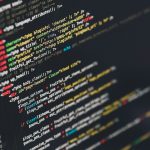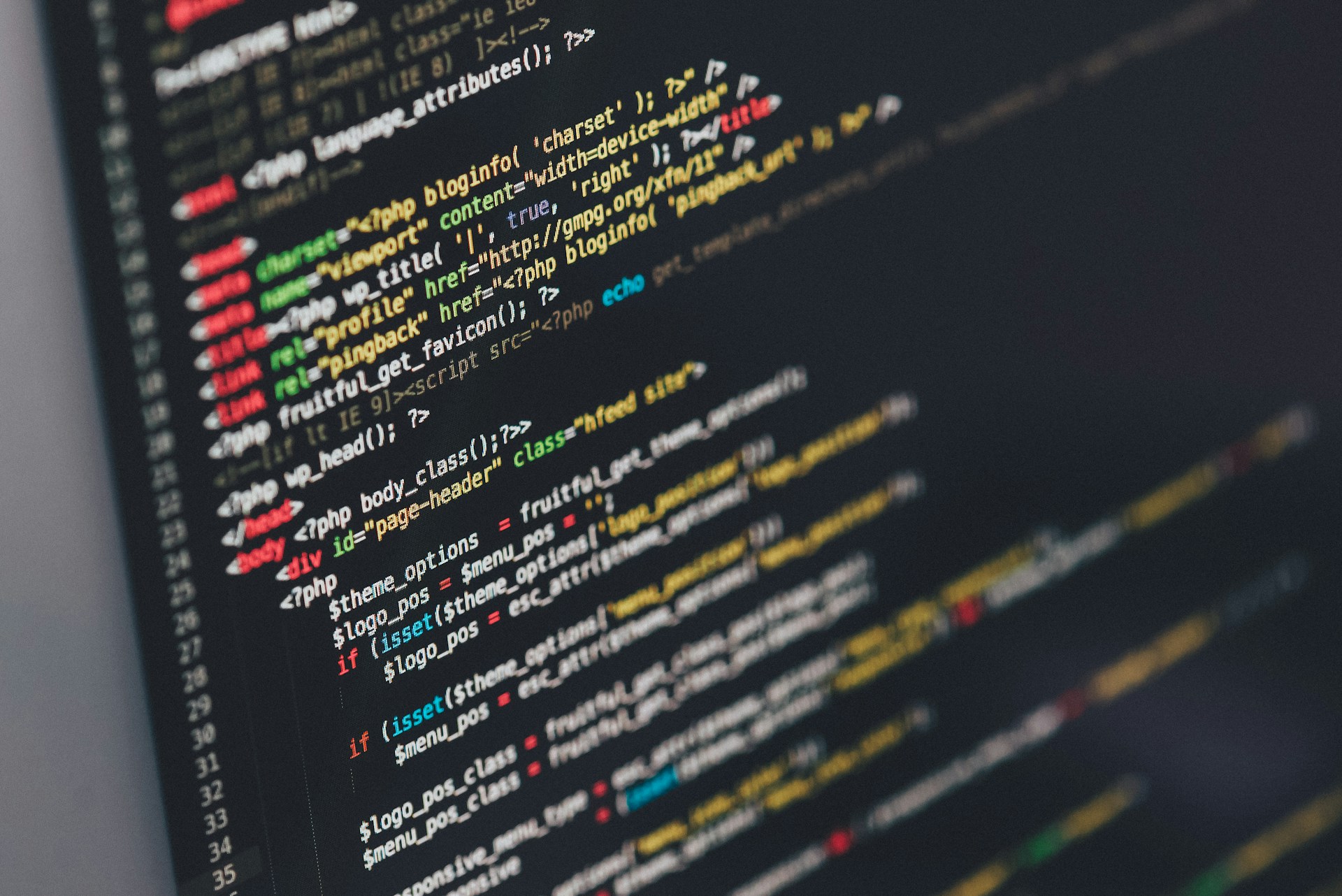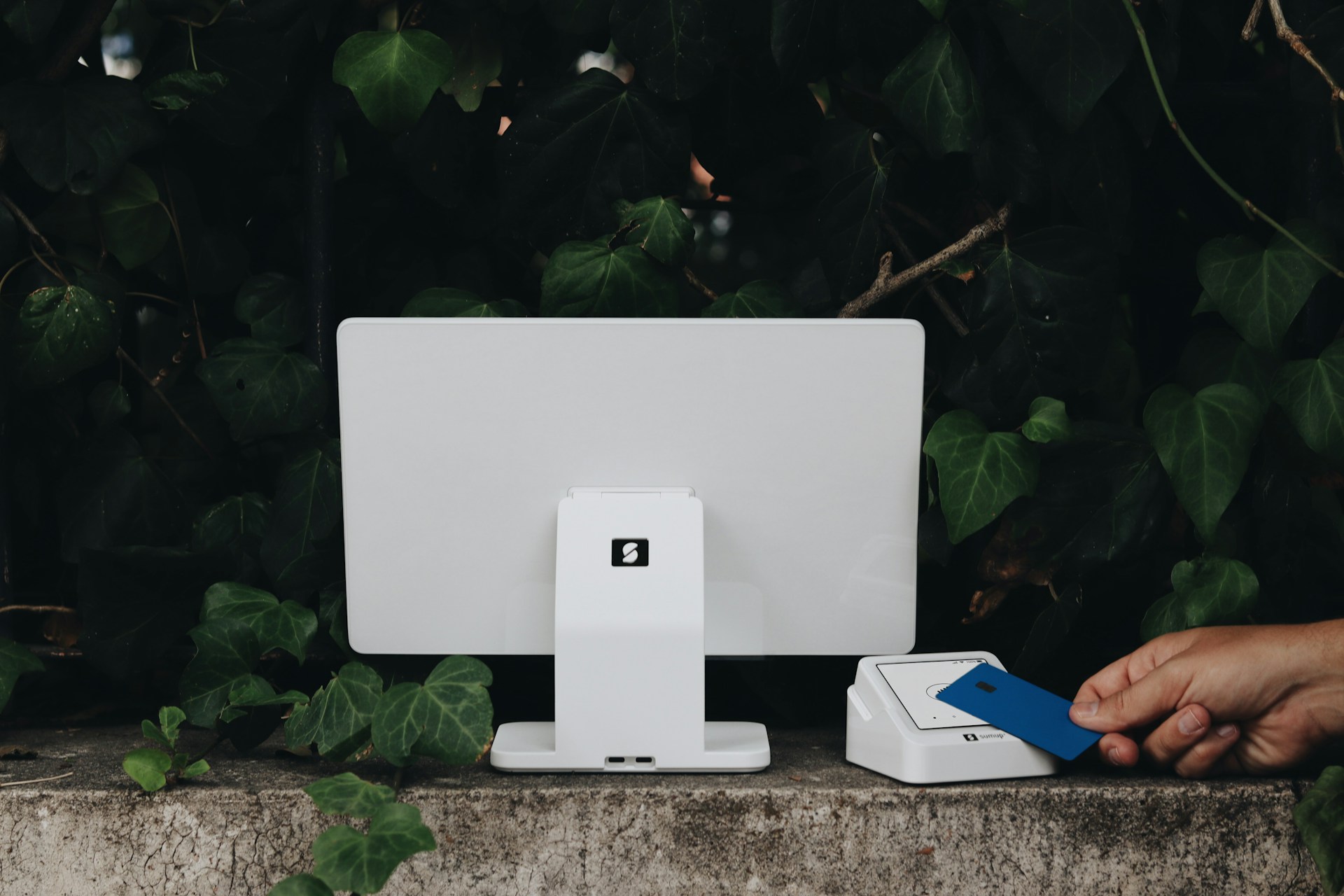FaceCheck ID,In a world increasingly reliant on digital interactions, identity verification has become a critical concern across various sectors. The rise of online services—be it banking, gaming, social media, or e-commerce—has necessitated robust methods for verifying user identities. One of the standout innovations in this domain is FaceCheck- ID, a sophisticated solution designed to streamline and enhance identity verification processes. This article explores the features, benefits, and implications of FaceCheck- ID, as well as its potential impact on various industries.
Understanding FaceCheck ID
FaceCheck ID employs advanced facial recognition technology to confirm the identity of users in real-time. The system analyzes facial features and matches them against a stored database of images, ensuring that the individual attempting to access a service is indeed who they claim to be. By leveraging machine learning algorithms and artificial intelligence, FaceCheck ID can process and verify identities with remarkable speed and accuracy.
How It Works
- Image Capture: The user takes a selfie using their device’s camera. This image serves as the initial point of reference.
- Feature Extraction: The system extracts key facial features from the selfie, creating a unique biometric template. This template encapsulates distinctive traits, such as the distance between the eyes, the shape of the nose, and the contour of the jawline.
- Database Matching: The extracted template is compared against a secure database, which may contain images from government-issued IDs, previous selfies, or other verified sources.
- Verification Result: The system quickly returns a verification result—either confirming the identity or flagging a potential mismatch. This process typically takes only a few seconds, providing users with an efficient experience.
Advantages of FaceCheck ID
1. Enhanced Security
One of the primary benefits of FaceCheck ID is its ability to provide enhanced security. Traditional methods of identity verification, such as passwords or PINs, are vulnerable to hacking and phishing attacks. Facial recognition, however, is inherently more secure, as it relies on unique biometric data that is exceedingly difficult to replicate.
2. User Convenience
FaceCheck ID simplifies the verification process for users. Instead of remembering complex passwords or waiting for verification emails, users can simply take a selfie. This frictionless experience encourages user engagement and increases the likelihood of customers completing transactions.
3. Reduced Fraud
In sectors like banking and online gaming, identity fraud poses significant risks. FaceCheck ID can drastically reduce instances of fraud by ensuring that only verified individuals can access sensitive information or conduct financial transactions. This not only protects businesses but also builds trust among users.
4. Compliance with Regulations
As governments worldwide impose stricter regulations around identity verification—especially in industries like finance and healthcare—FaceCheck ID helps organizations remain compliant. By providing an auditable trail of verification processes, the system can assist businesses in meeting legal requirements.
5. Scalability
FaceCheck ID is highly scalable, making it suitable for businesses of all sizes. Whether it’s a small startup or a large multinational corporation, the system can adapt to varying levels of demand without compromising performance or security.
Applications of FaceCheck ID
1. Financial Services
In the financial sector, identity verification is crucial for preventing fraud and ensuring compliance with Know Your Customer (KYC) regulations. Banks and fintech companies can use FaceCheck ID to streamline account opening processes and verify identities for transactions, significantly reducing the time and resources spent on manual verification.
2. E-commerce
Online retailers can implement FaceCheck ID to enhance the security of user accounts and reduce chargebacks due to fraudulent transactions. By ensuring that the person making a purchase is the rightful owner of the account, e-commerce platforms can protect their revenues and improve customer trust.
3. Gaming Industry
The gaming industry has seen a surge in the need for identity verification, particularly with the rise of online multiplayer games and esports. FaceCheck ID can be used to verify player identities during tournaments, ensuring fair play and preventing cheating. It can also help gaming platforms verify the age of users, complying with legal age restrictions.
4. Social Media
Social media platforms are increasingly facing challenges related to fake accounts and impersonation. FaceCheck ID can assist these platforms in verifying the identities of users during account creation or when they attempt to change key account details. This helps maintain the integrity of user interactions and combats the spread of misinformation.
5. Healthcare
In the healthcare sector, where patient privacy and security are paramount, FaceCheck ID can be used to verify patient identities during appointments, reducing the risk of medical identity theft. This ensures that medical records are protected and only accessible to authorized individuals.
Challenges and Considerations
While FaceCheck ID offers numerous advantages, there are also challenges and ethical considerations that must be addressed:
1. Privacy Concerns
The collection and storage of biometric data raise significant privacy issues. Users may be apprehensive about providing their facial images due to fears of misuse or unauthorized access. It is essential for organizations utilizing FaceCheck ID to implement robust data protection measures and transparently communicate how biometric data will be used and stored.
2. Accuracy and Bias
Facial recognition technology has faced criticism for potential biases, particularly concerning accuracy across different demographic groups. Developers of FaceCheck ID must ensure that their algorithms are trained on diverse datasets to minimize biases and improve accuracy for all users.
3. Regulatory Compliance
As the use of facial recognition technology becomes more prevalent, regulatory frameworks are evolving. Organizations must stay informed about current laws and regulations regarding biometric data to ensure compliance and avoid legal repercussions.
The Future of FaceCheck ID
As technology continues to advance, the future of FaceCheck ID looks promising. Innovations in artificial intelligence and machine learning will likely enhance the accuracy and efficiency of facial recognition systems. Additionally, the integration of FaceCheck ID with other technologies, such as blockchain, could create even more secure and transparent identity verification processes.
Conclusion
FaceCheck ID represents a significant advancement in identity verification, providing a secure, convenient, and efficient method for confirming identities across various industries. As digital interactions continue to proliferate, the need for robust identity verification solutions will only grow. By addressing privacy concerns and ensuring accuracy, FaceCheck ID has the potential to become a cornerstone of secure digital interactions, fostering trust and safety in an increasingly connected world.











